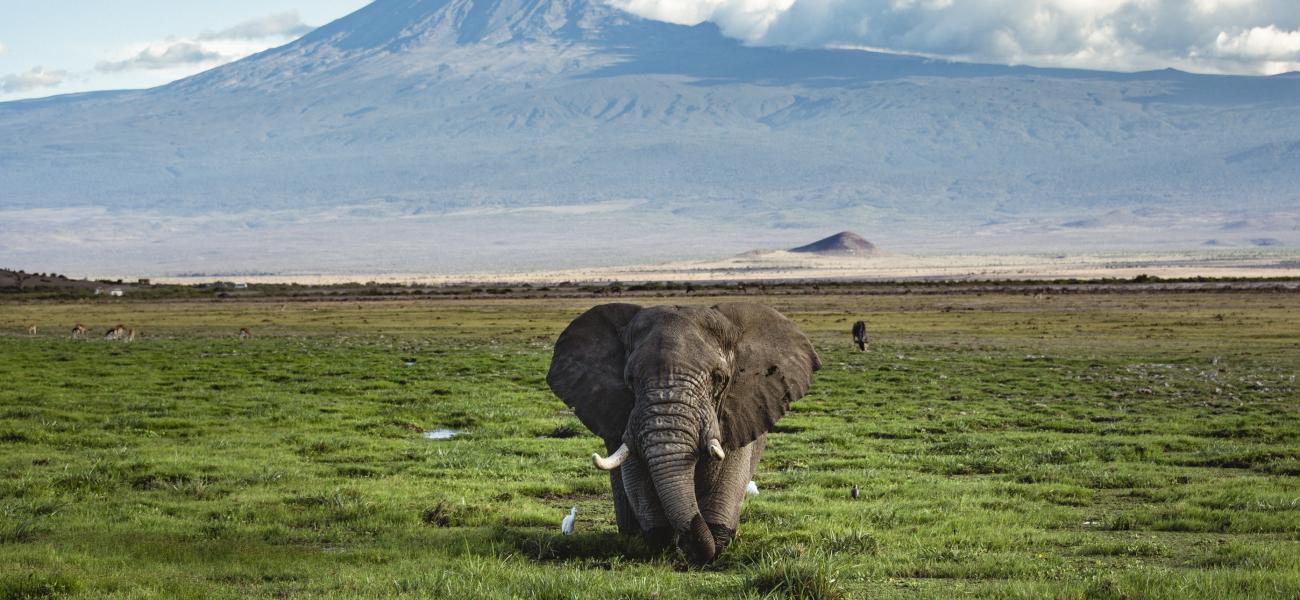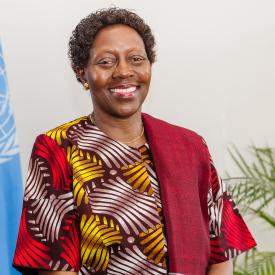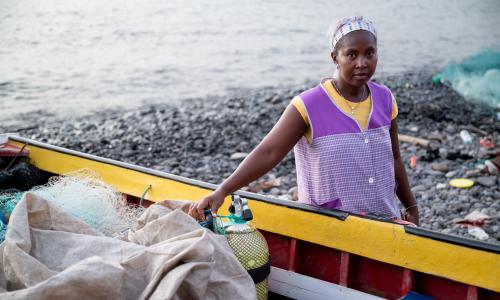What if I told you that one of the most powerful forces shaping Africa’s future isn’t a government, corporation, or billionaire, but a conference? For four decades, the African Ministerial Conference on the Environment (AMCEN) has helped steer the continent’s environmental destiny. As AMCEN turns 40, its legacy is not just one of diplomacy—it is one of transformation.
Africa stands at a crossroads. The continent is home to 30% of the world’s mineral reserves, 17% of its forests, and the youngest population on Earth. Yet it also faces disproportionate climate impacts, biodiversity loss, and pollution. The question is not whether Africa will develop—but how. Will it follow a path of extractive growth, or will it lead the world in forging a new model of sustainable, inclusive prosperity?
This growth is closely intertwined with AMCEN’s achievements.
AMCEN, whose Secretariat is hosted by the UN Environment Programme (UNEP), has been instrumental in forging Africa’s common positions in global negotiations—from the Paris Agreement to the Kunming-Montreal Global Biodiversity Framework. Through the African Group of Negotiators, AMCEN has ensured that Africa speaks with one voice on climate, biodiversity, chemicals, and more amplifying its influence on the world stage.
The conference has also been at the forefront of science-driven policy and innovation.
AMCEN’s Africa Environment Outlook reports, the Africa Atlas of Natural Capital, and the MATATU data-sharing platform have transformed how African leaders access and use environmental data. These tools are not just reports, they are roadmaps for action.
AMCEN has equally played a significant role as a catalyst for green finance and recovery. For instance, in response to the COVID-19 pandemic, AMCEN launched the Africa Green Stimulus Programme, mobilizing over $1 billion for renewable energy, ecosystem restoration, and climate-smart agriculture. This is environmental policy as economic policy—smart, scalable, and inclusive.
The conference has also been a champion of circularity and clean energy.
From the African Circular Economy Alliance to the African Women Energy Entrepreneurs Framework, AMCEN has championed solutions that are both green and just. It has helped embed sustainability into Africa’s mining, energy, and industrial strategies assuring that growth does not come at the cost of the environment.
In light of these achievements, AMCEN occupies a pride of place in the continent’s vision for 2063. The conference’s forward-looking agenda aligns with the African Union’s Agenda 2063. It envisions a continent where environmental sustainability is not a side note but a central pillar of prosperity—powered by digital innovation, green finance, and youth leadership.
As we celebrate AMCEN’s 40th anniversary, we must not only honor its past—we must invest in its future. The next chapter of AMCEN must be bolder, more inclusive, and more ambitious. It must scale up climate finance and ensure Africa’s fair share of global adaptation funds; it must strengthen science-policy interfaces to make data-driven decisions the norm; it need to empower youth and civil society as co-creators of environmental solutions, and it must continue to champion Africa’s voice, not just in reacting to global agendas, but increasingly in setting them.
AMCEN is more than a conference. It is Africa’s environmental conscience, compass, and catalyst. As UNEP, we are proud to stand with AMCEN—not just in celebration, but in solidarity for the journey ahead.
Because the AMCEN we want in 2063 begins with the choices we make today.
The author is the Deputy Executive Director of the UN Environment Programme.










